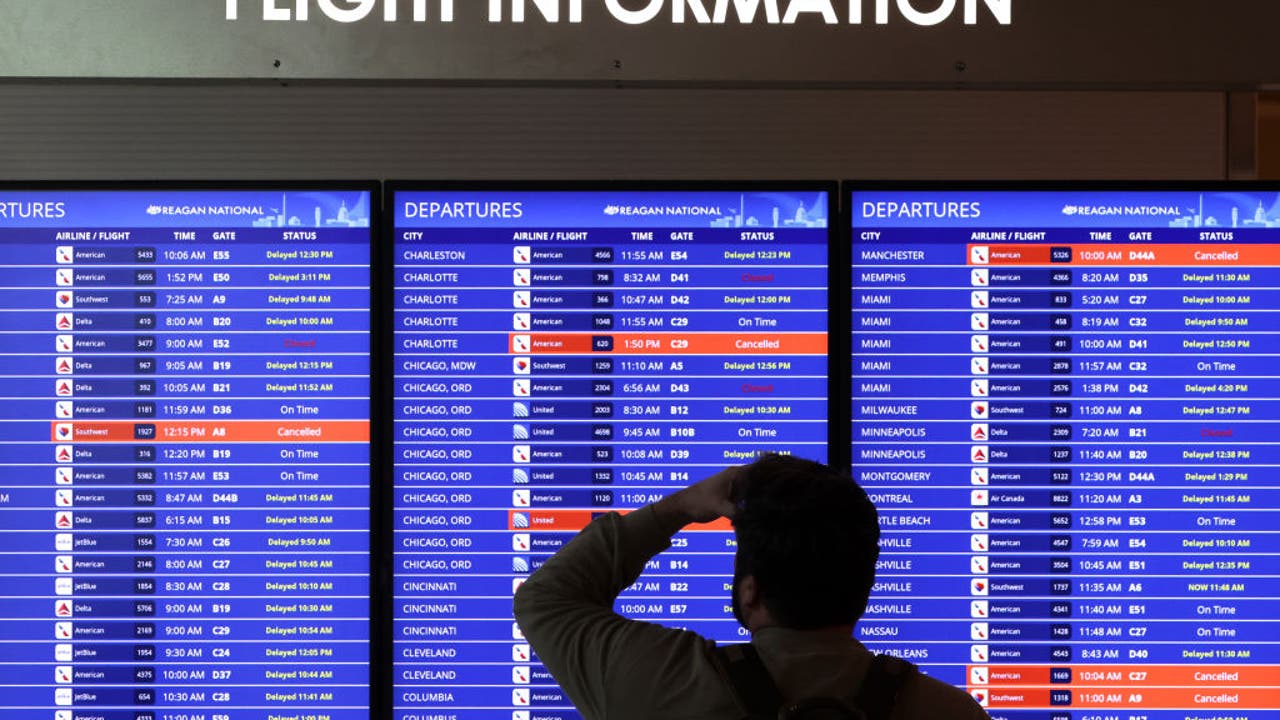Bussiness
How is Europe cracking down on climate protests?

Across Europe, governments are introducing new rules, doling out stricter punishments and ramping up surveillance in response to a rise in climate demonstrations and direct action protests, such as blocking roads or throwing paint at artworks.
The clampdown could have a chilling effect on the ability of climate activists to protest and could constitute a threat to democracy, according to rights experts, the United Nations and the Council of Europe.
Rights groups also note that while climate protests often lead to arrests, authorities have acted less harshly towards farmers, who blocked roads this year to protest against green policies they blame for lost earnings. The European Union agreed to delay some green regulations to ease tensions.
Here are some of the ways European governments are cracking down on climate protesters.
Which countries have introduced new protest laws?
Lawmakers across Europe have introduced legislation targeting tactics frequently used by people demonstrating to demand more action on climate change and have also increased penalties for those who take part in direct action protests.
In January, Italy approved the so-called “eco-vandals” law, which toughened penalties for people who damage monuments and cultural sites with new fines of up to 60,000 euros (US$65,406).
In Germany, state police in Bavaria have frequently used an amendment to rules governing police powers to hold activists in preventative detention.
In 2022, Britain introduced the Police, Crime, Sentencing and Courts Act that empowers police to restrict a protest if it is considered too noisy. The act, which also makes causing a public nuisance an offence, has been criticised by the UN Special Rapporteur on Environmental Defenders Michel Forst.
The separate Public Order Act, which came into effect last year, makes it illegal for protesters to attach themselves to others, objects or buildings and introduces the offence of obstructing transport, interfering with national infrastructure, and causing disruption by tunnelling.
The Guardian newspaper said that hundreds of protesters were arrested in just four weeks under this act as they demonstrated against new oil and gas production in November.










